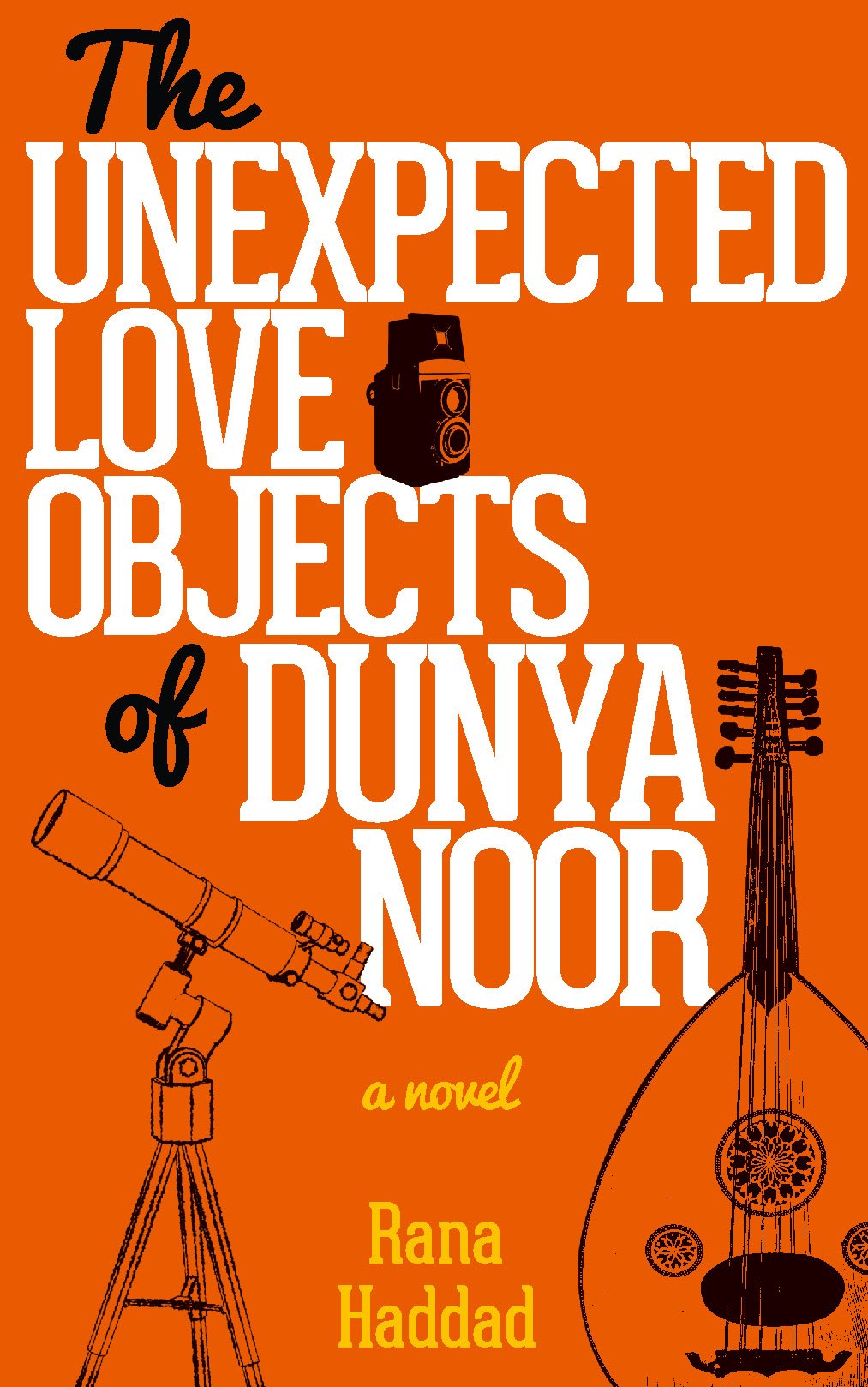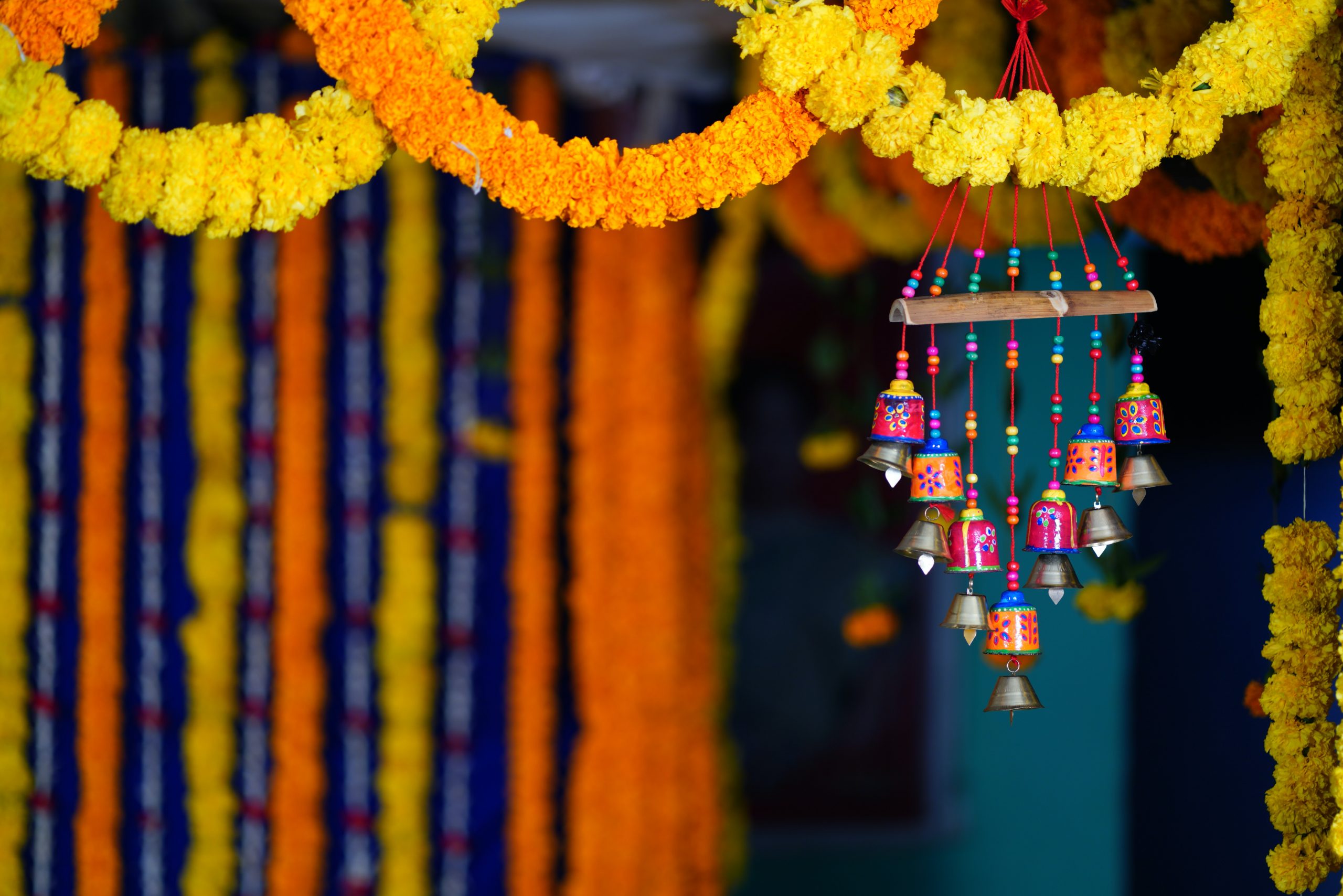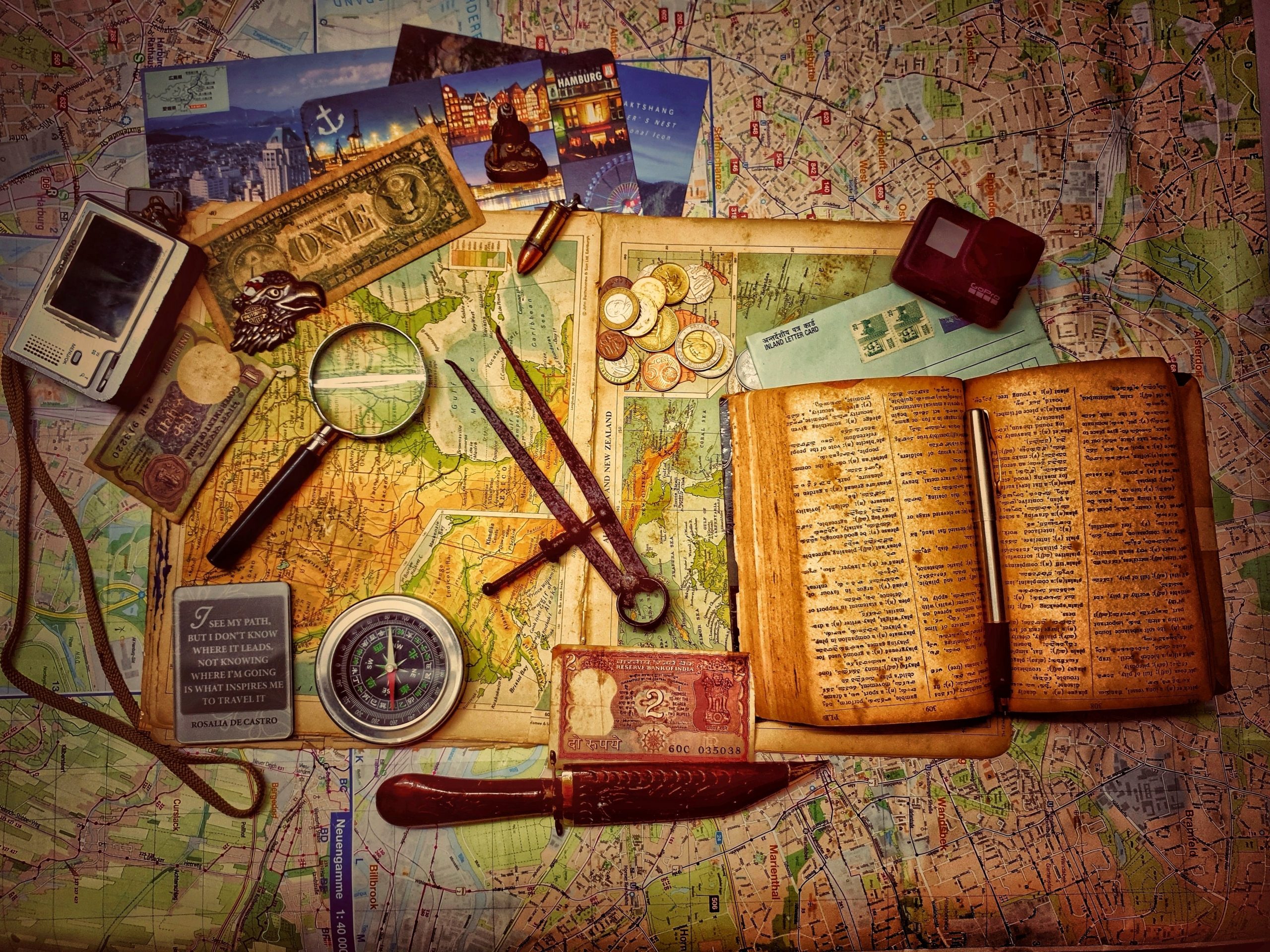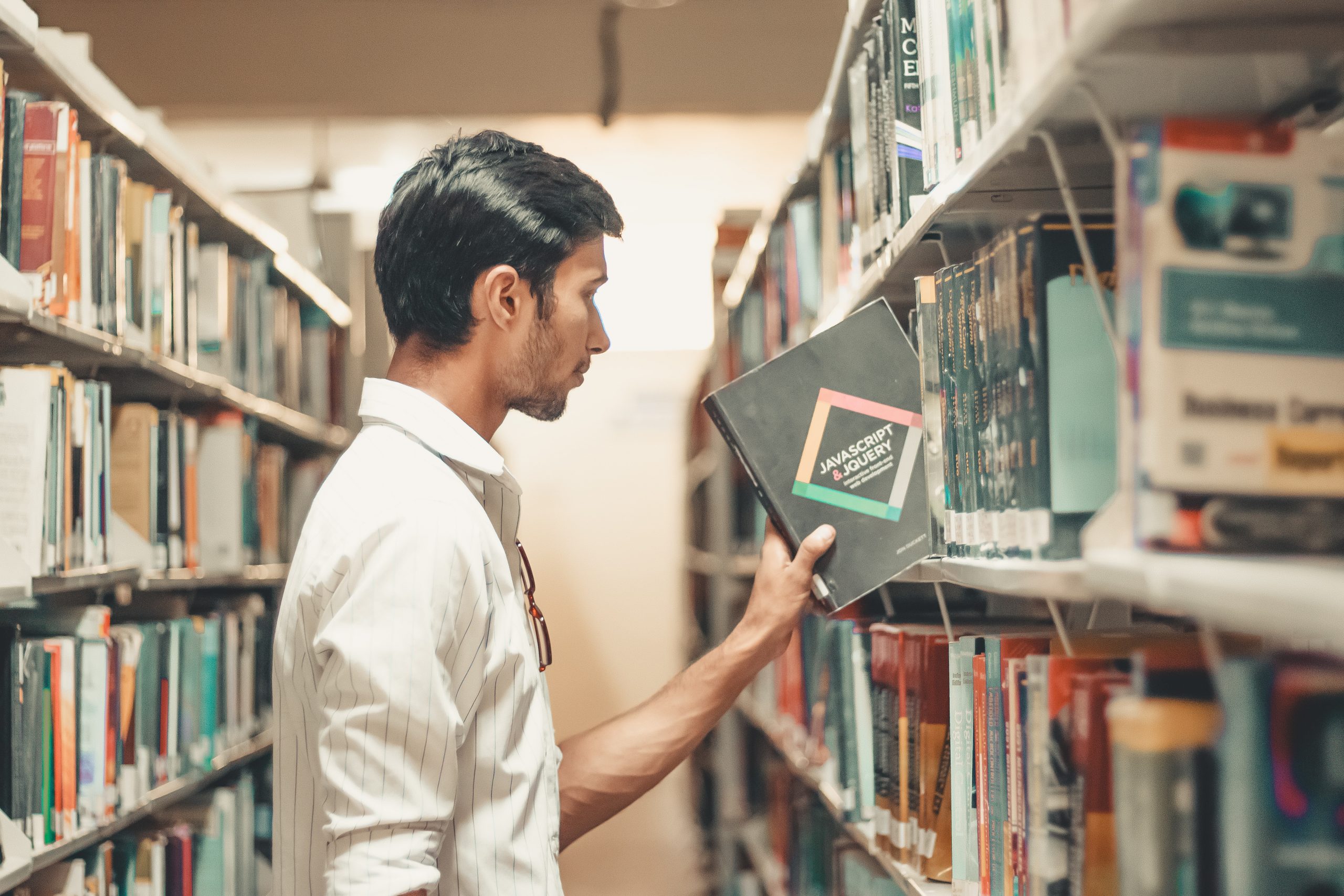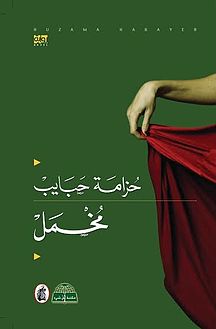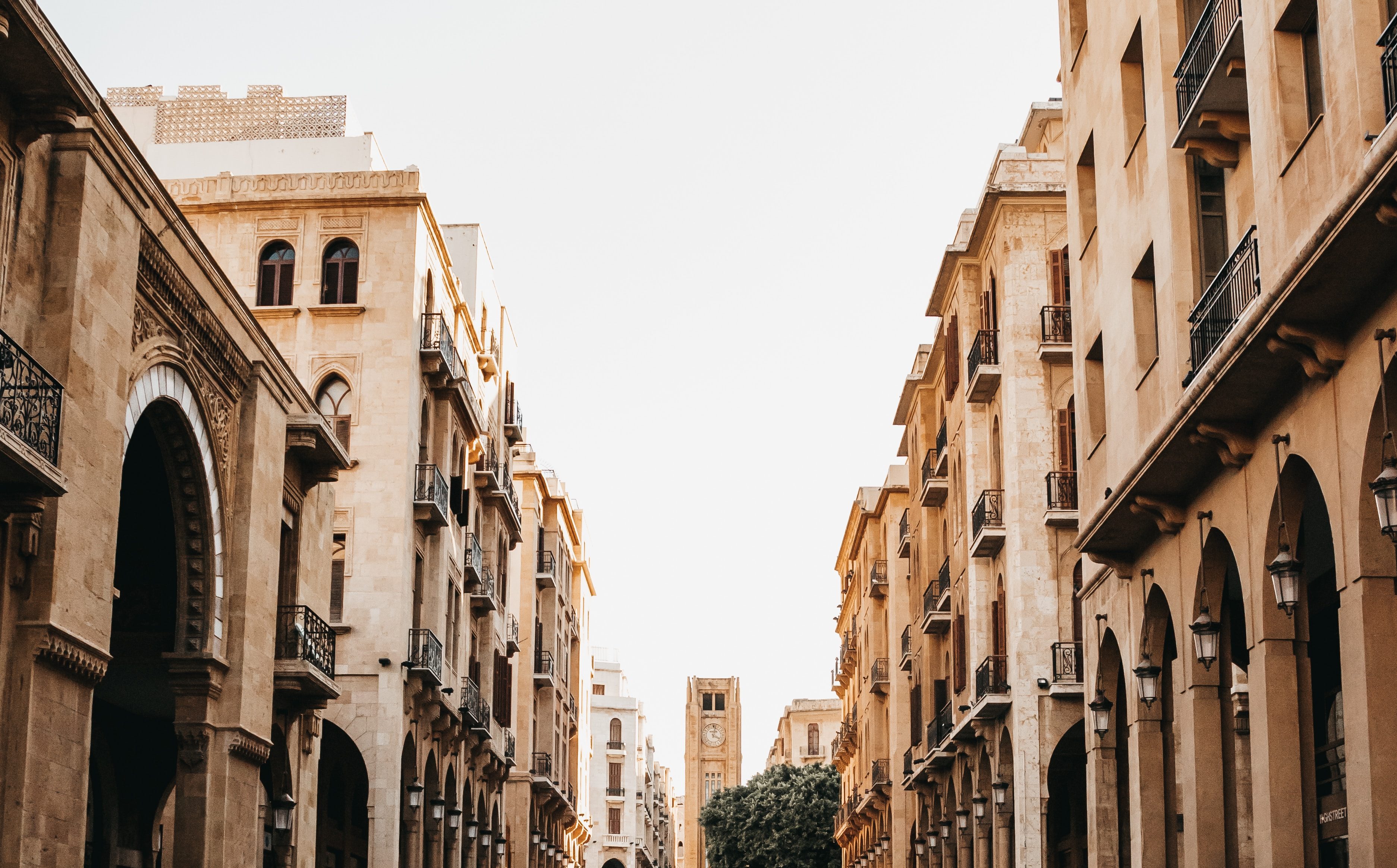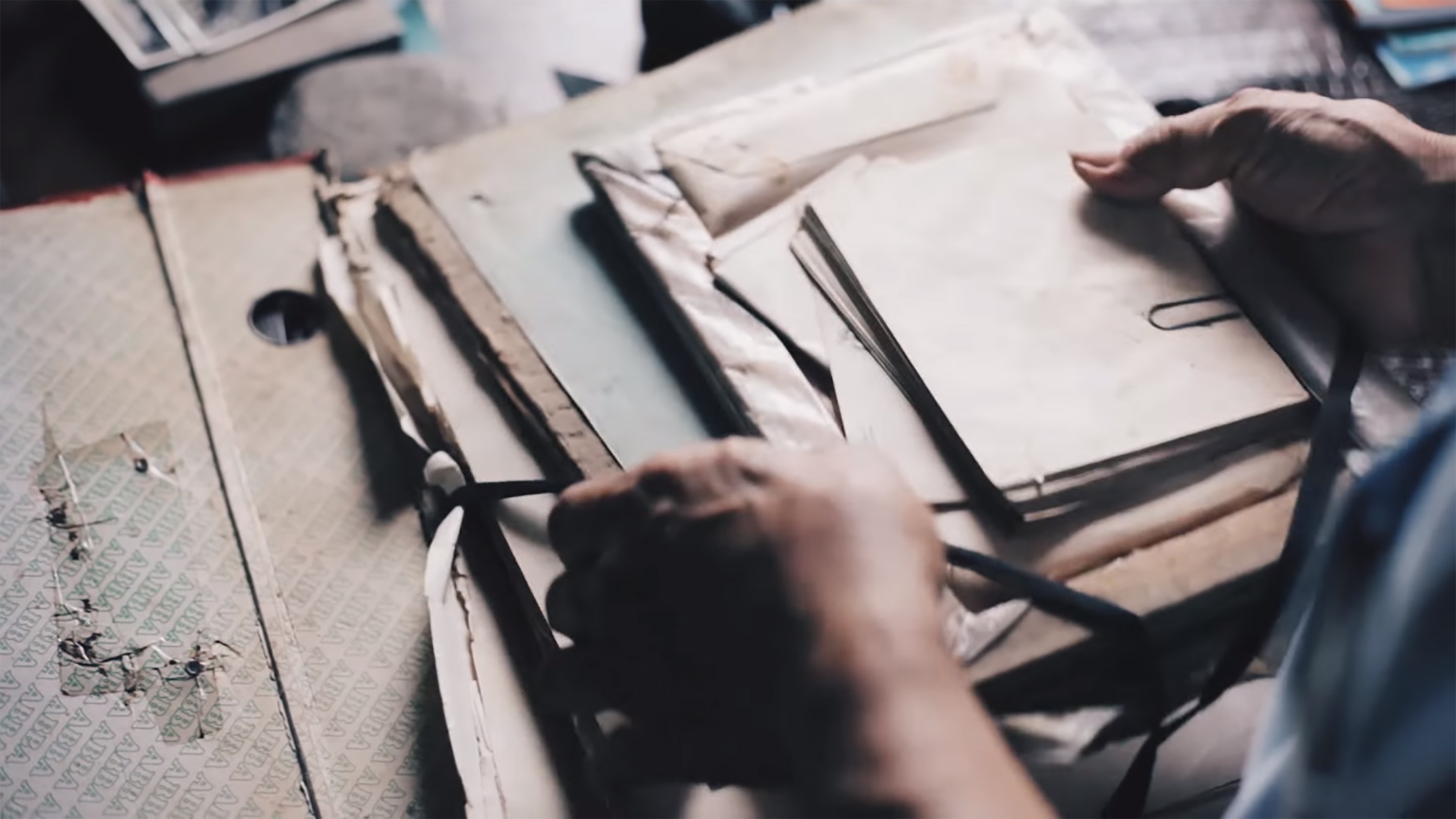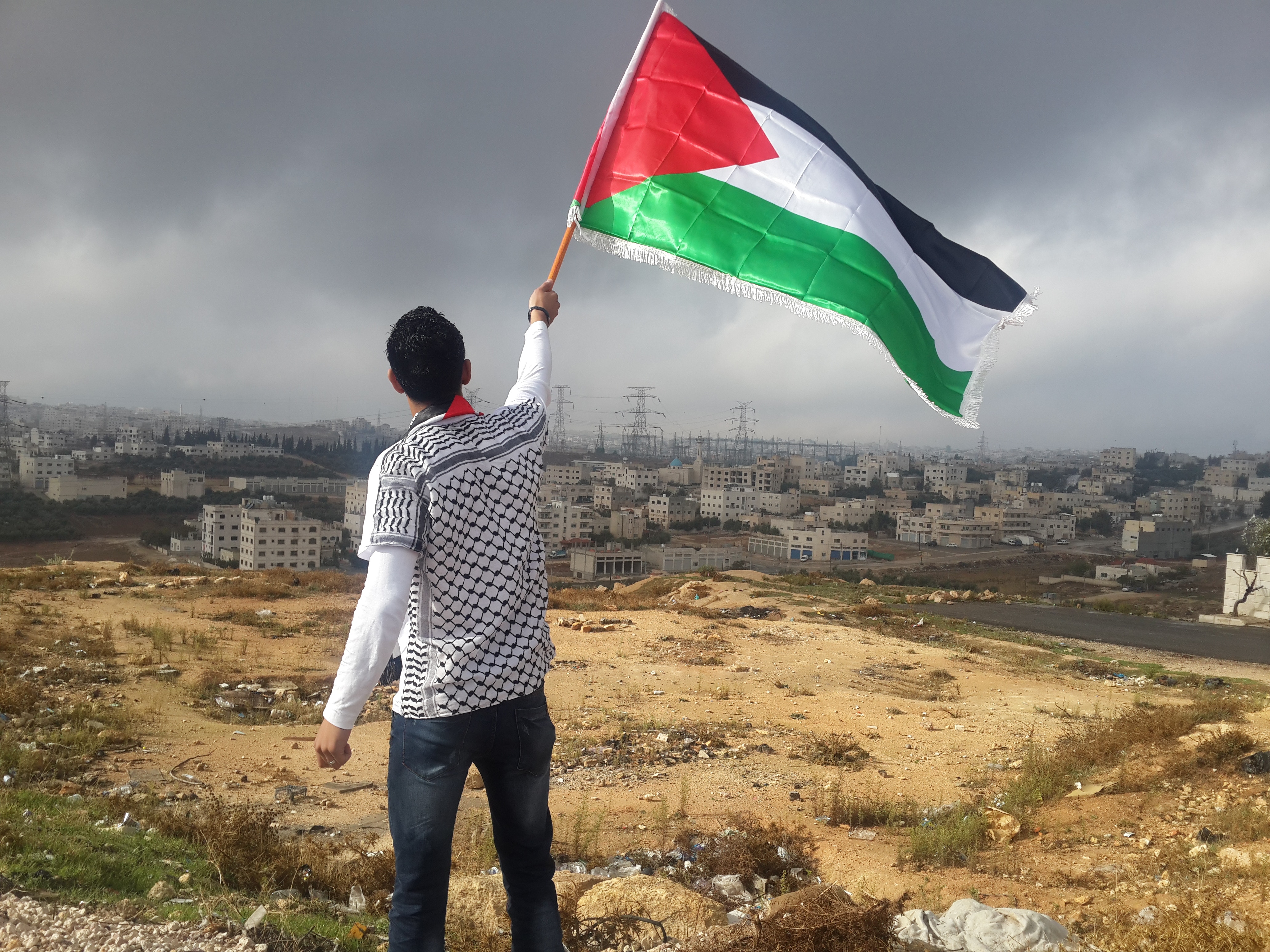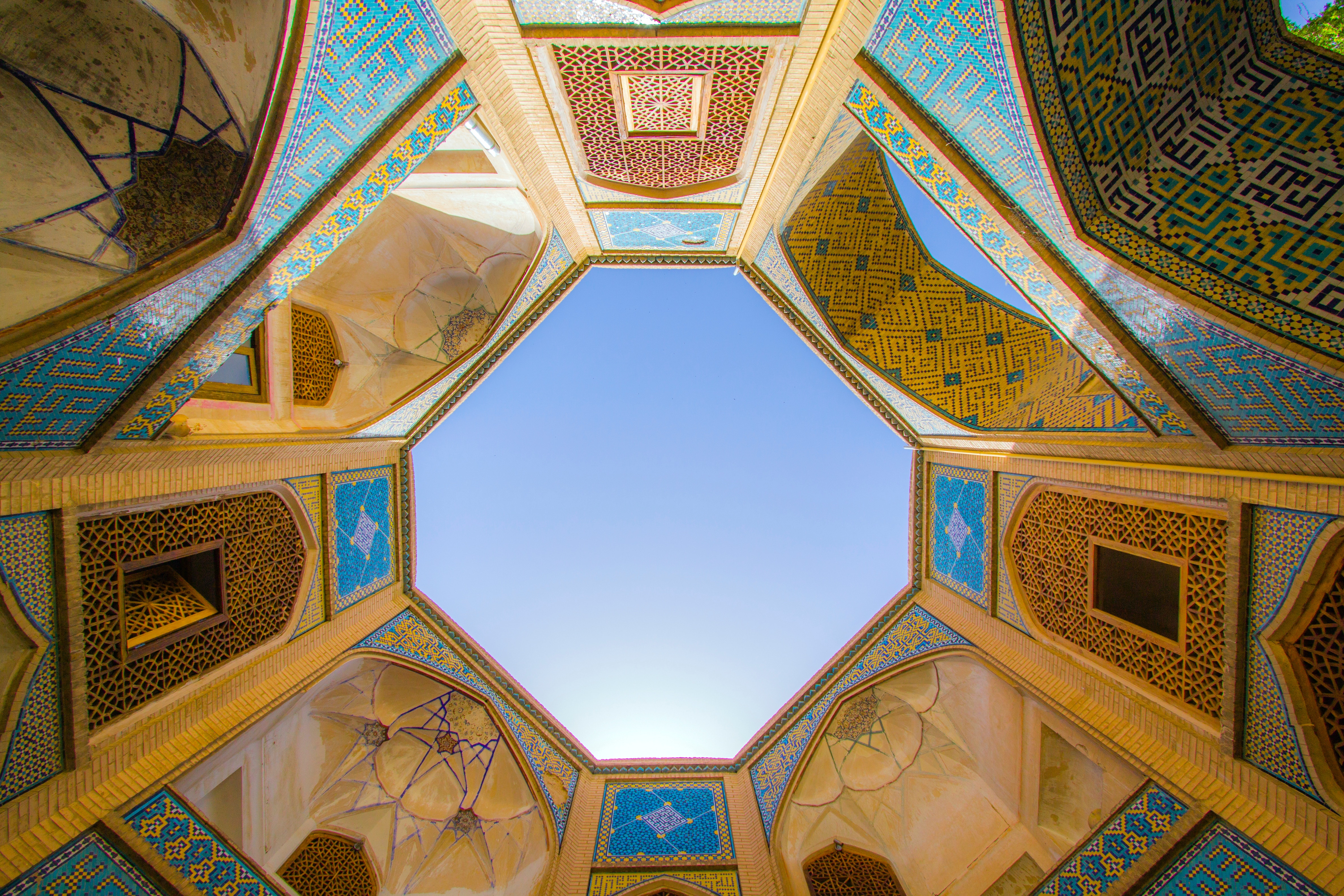.
MULOSIGE’s Readings from the Maghreb seek to display the linguistic and cultural plurality and heterogeneity of the Maghreb; perceiving the Maghreb as being in constant dialogue with these two regions as well as other adjacent regions, particularly Muslim West Africa (‘The Islamic West’ as it is often referred to). The Maghreb has been studied either as an extension of the Arabic Middle East, following a colonial modality that presumes the region follows in the footsteps of the Mashreq’s intellectual and cultural history (while always trailing ‘behind’), or as the periphery which passively received and imitated the ‘centre’ i.e. colonial powers’ cultural and literary genres, theories and models. Although the Maghreb has strong links and affiliations with both contexts, the region’s own historical and cultural particularity and ethno-linguistic diversity, as well as its geographical location at the crossroads of Africa, the Middle East, the Iberian peninsula, Europe and the Mediterranean basin demand an approach that can offer an understanding of the cultural forms and patterns of circulation that emerge in literary and cultural exchanges unmediated by the Mashreq and Europe.
The linguistic and cultural diversity of the Maghreb and the politics of language and culture remain largely understudied. This multilingual region includes vernacular languages such as Darija (spoken Maghrebi dialects), Tamazight (the language of the indigenous population of the Maghreb) Judeo-Arabic, Judeo-Berber, and Judeo-Spanish which have cohabited with Fusha (standard Arabic used in print culture, media, and religious affairs, i.e. the modernised form of classical or Qur’anic Arabic). These languages have all shaped the oral and written cultures of the Maghreb. MULOSIGE aims to study the Maghreb as a pluralistic geo-political space, a conceptual constellation marked by a long history of multilingualism that calls for a new understanding of the cultural forms and patterns of circulation that have emerged in the region and its wider significant geographies from well before the arrival of the colonial powers, as well as during and after the colonial period.
MULOSIGE Reading List: Imagining Mid-Nineteenth-Century Beirut as a ‘City of the World’
This reading list was contributed by Dr Rita Sakr and addresses the mid-nineteenth-century cultural-geographical dynamics that constructed Beirut as a ‘city of the world’, helping us to consider how its production forms both a ‘crisis of representation’ and a ‘representation of crisis’.
Poétiques et politiques de l’activisme des écrivains dans les Pays du Sud
Cette conférence s’assigne comme but d’explorer selon une perspective comparée la manière dont l’activisme des écrivains négocie la poétique et la politique dans trois régions des Pays du Sud: le Maghreb, la Corne de l’Afrique et le nord de l’Inde.
MULOSIGE Reading List: International Solidarity and World Literature
This reading list was contributed by Dr Anna Bernard and challenges the choice between nation and transnationalism that has often seemed central to theorizations of world literature, but which has tended to bypass internationalist networks of anti-colonial writers working within discrete national contexts.
Conference: The Poetics and Politics of Writer-Activism in the Global South
MULOSIGE is co-organising the conference "The Poetics and Politics of Writer-Activism in the Global South: Between Local Engagement and World-Making Solidarities" with The University of Mohamed V, Faculty of Letters and Human Sciences; Rabat, Morocco, 16-17 April 2020.
MULOSIGE Reading List: Re-Orienting Modernism, Mapping East-East Exchanges
Assistant Professor Levi Thompson (University of Colorado, Boulder) offers a reading list to re-orient conceptions of modernism, drawing on East-East exchanges.
MULOSIGE Reading List: The Poetics of the Orphan In Postcolonial Literature
Matt Reeck (UCLA) offers a guided reading list to interrogate the "Poetics of the Orphan in Postcolonial Literature".


